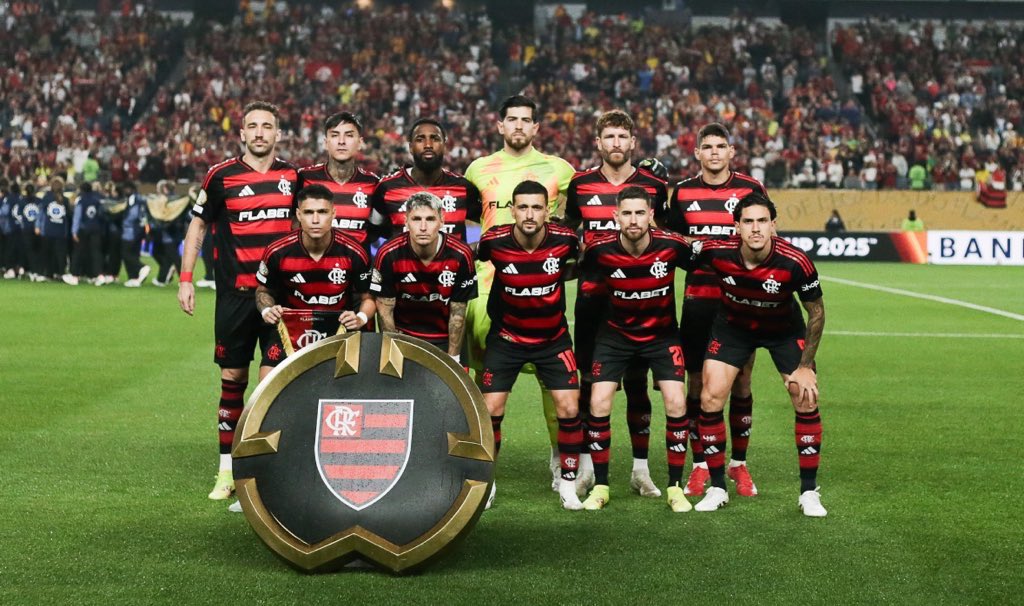

News
Surprise Upsets Shake Up Club World Cup As European Teams Falter
The script appeared to be set, with Europe’s football giants expected to comfortably dominate FIFA’s expanded Club World Cup against grateful opponents from faraway continents.
However, the tournament has unfolded with surprising twists, leaving the sport’s traditional powerhouses searching for answers.
With Porto and Atletico Madrid eliminated in the group stage and European sides winning just two of seven matches against South American opposition, the continent’s expected dominance has failed to materialise.
”We knew beforehand that the tournament came at the end of a long season, whereas for the South Americans it’s right in the middle, when they are peaking,” lamented Atletico Madrid’s Diego Simeone after his side’s early exit.
The familiar story of exhaustion persists, as players’ union FIFPro Europe considers legal action against FIFA over the grueling schedule. Meanwhile, North America’s intense summer heat is also cited as a factor. However, South Americans completely dismiss these explanations.
”Having played for many years in Europe, I don’t buy this end-of-season fatigue narrative,” said Flamengo’s Filipe Luis, who played under Simeone at Atletico, after a commanding 3-1 win over Chelsea.
”We came here seeing every game as a final. That makes a big difference.”
Statistics complicate the European exhaustion argument further. Four Brazilian teams, including Botafogo, have played over 70 matches in the past year, leading the list.
Botafogo, which qualified from Group B with Paris Saint-Germain, played 18 more matches than Atlético Madrid during the same period.
While Brazilian teams had a month’s rest before their domestic season began, their packed schedules have long been a source of complaint in South America.
Brazilian great Zico criticised European attitudes, saying, “We are seeing some European figures act like they own football and that must stop. As soon as they see things not going well, they start making lots of excuses.”
“They seem unable to play when faced with adversity. The heat is the same for everyone, and we have been playing the previous version of the Club World Cup at the end of our season. So why is it now a problem?”
The Club World Cup in its previous format was played in December.
Not all European managers have attributed their teams’ difficulties to external factors. Juventus coach Igor Tudor stated he saw “no signs of fatigue” in his squad, while PSG boss Luis Enrique, despite their unexpected 1-0 defeat to Botafogo, praised the tournament.
”I think the concept is brilliant. It’s a celebration of all football,” Luis Enrique said. “It’s no surprise for me. It’s nice to see teams from different parts of the world.”
Traditionally dominated by European clubs, the tournament has seen South American teams seize the chance to challenge the established hierarchy.
As matches proceed under the intense summer heat, the event has transformed into a truly global competition.













